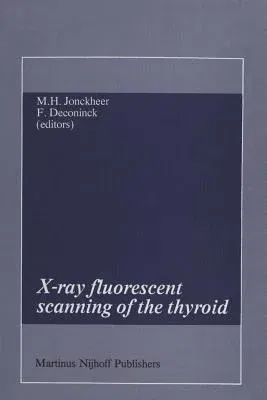X-Ray Fluorescent Scanning of the Thyroid (Softcover Reprint of the Original 1st 1983)Paperback - Softcover Reprint of the Original 1st 1983, 7 October 2011

Qty
1
Turbo
Ships in 2 - 3 days
In Stock
Free Delivery
Cash on Delivery
15 Days
Free Returns
Secure Checkout
Part of Series
Developments in Nuclear Medicine
Print Length
194 pages
Language
English
Publisher
Springer
Date Published
7 Oct 2011
ISBN-10
9400967071
ISBN-13
9789400967076
Description
Product Details
Book Edition:
Softcover Reprint of the Original 1st 1983
Book Format:
Paperback
Country of Origin:
NL
Date Published:
7 October 2011
Dimensions:
23.39 x
15.6 x
1.07 cm
ISBN-10:
9400967071
ISBN-13:
9789400967076
Language:
English
Location:
Dordrecht
Pages:
194
Publisher:
Weight:
285.76 gm

